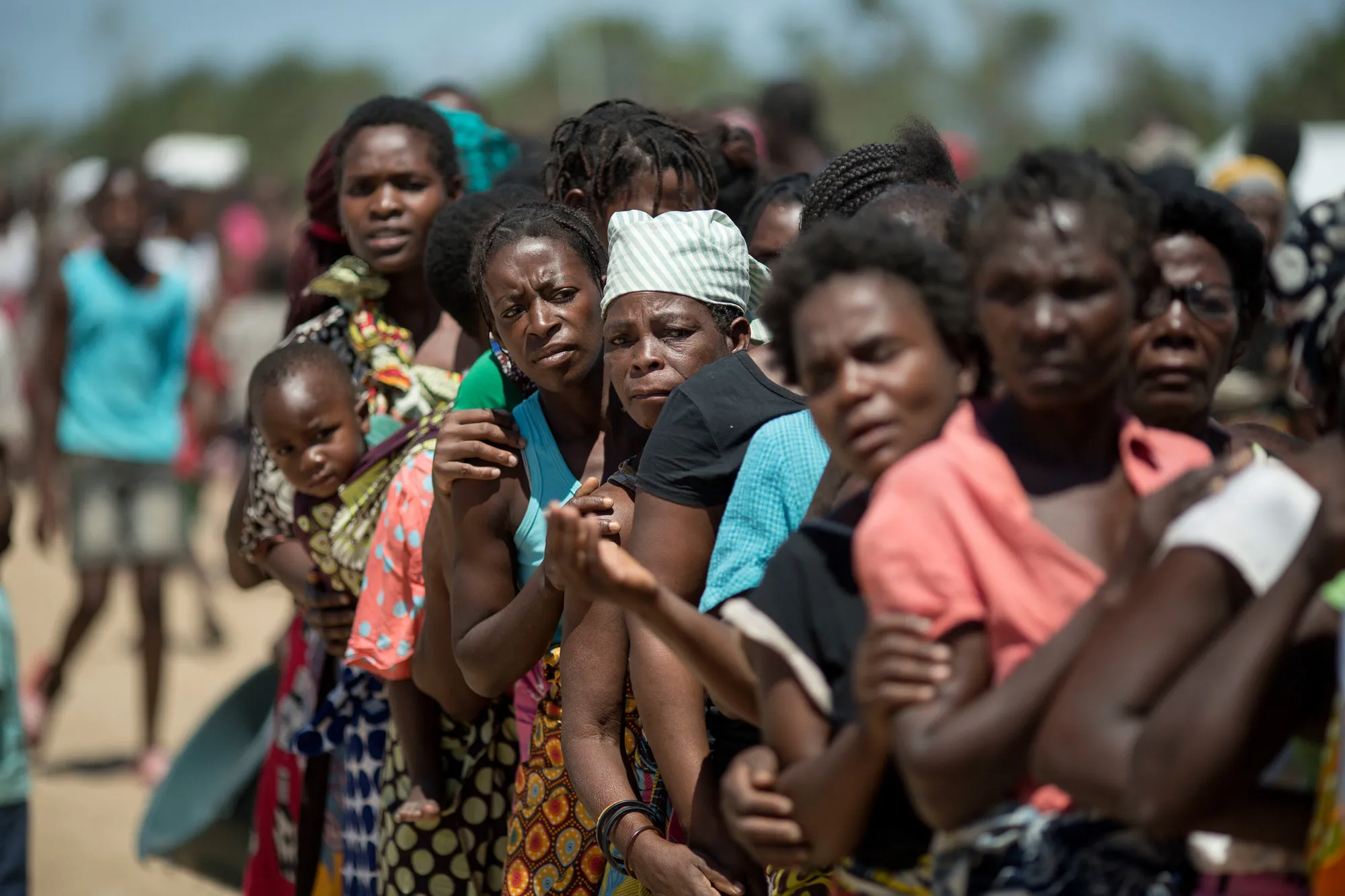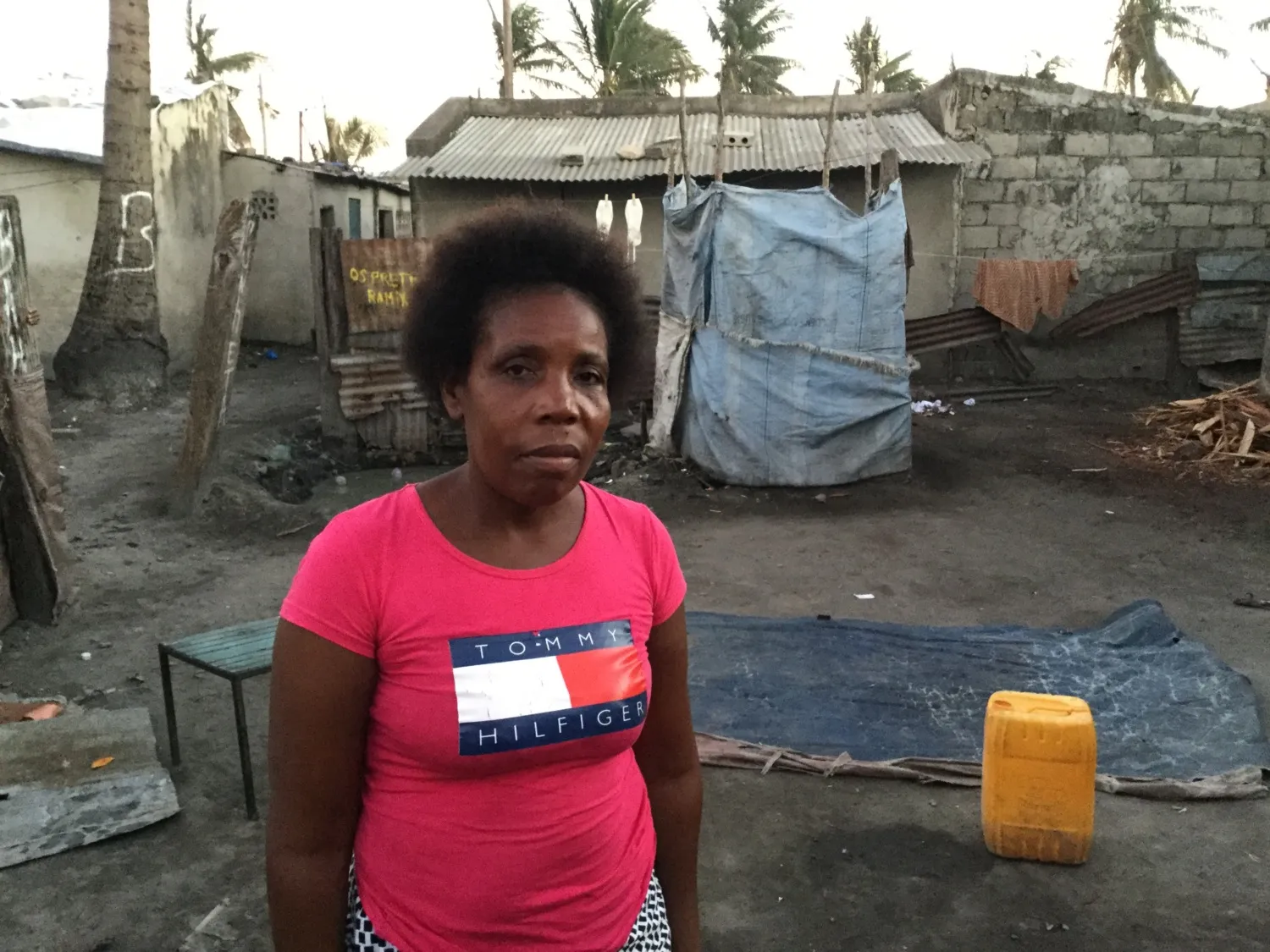When Maria Antonio Augusto’s husband passed away suddenly in 2005, Maria, now 39, had to figure out how to support five children on her own. She was thrust into a Mozambican workforce not necessarily structured to accommodate women. In the 15 years since her husband died, she has struggled to find a stable source of income, instead working a series of jobs that has included housekeeping, teaching and farming.
“I did house chores for other people for five years,” she says. “I taught children how to read and write in Portuguese for four years. Sometimes I also make and sell popsicles. … My mother has a rice field, so I help her with the farming as well, but our needs are more than what I can provide so my brother helps me sometimes.”
Maria and her family, which now includes a 6-month-old grandchild, live in Munhava Matope, a low-income and densely populated suburb of Beira, the largest city in central Mozambique. She’s managed over the years to bring in enough to keep her children in school, but as a grandmother, she says finding regular work is more difficult than ever.
“At my age I cannot find a job because no one will hire me,” Maria says. “For men it’s different because they would usually manage to find work, even if short-term jobs. Employers do not want women; they want men who are strong and can do hard work. If I were a man, I would have many more opportunities.”


